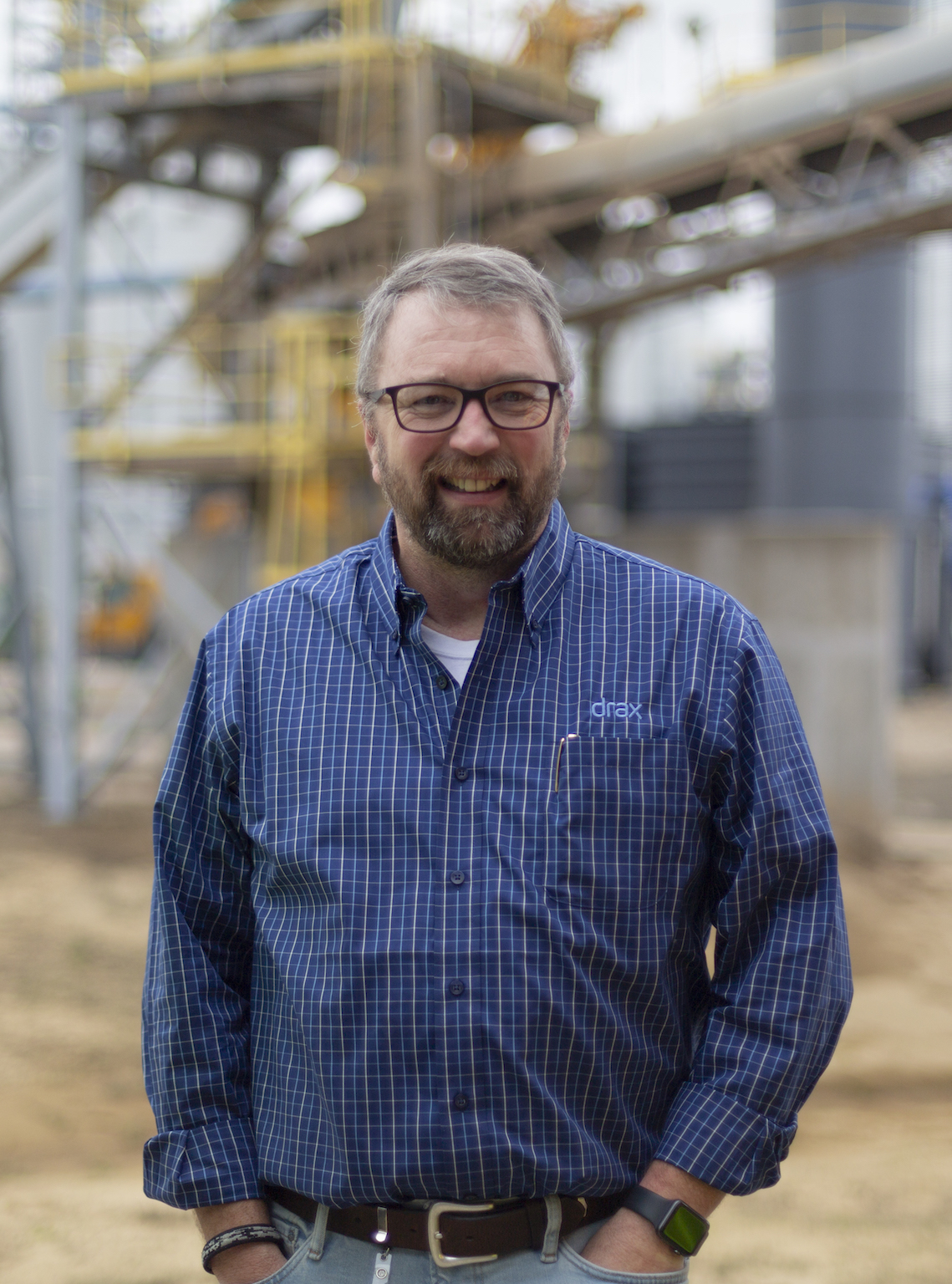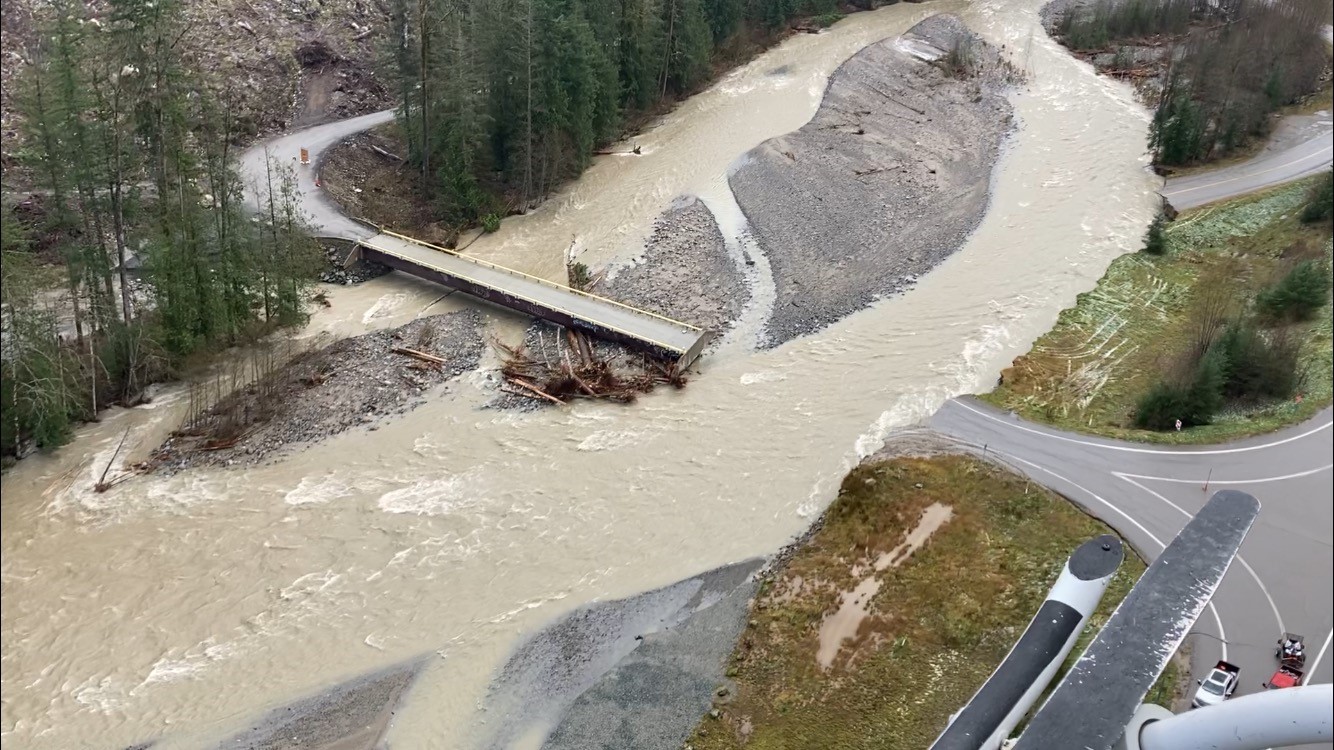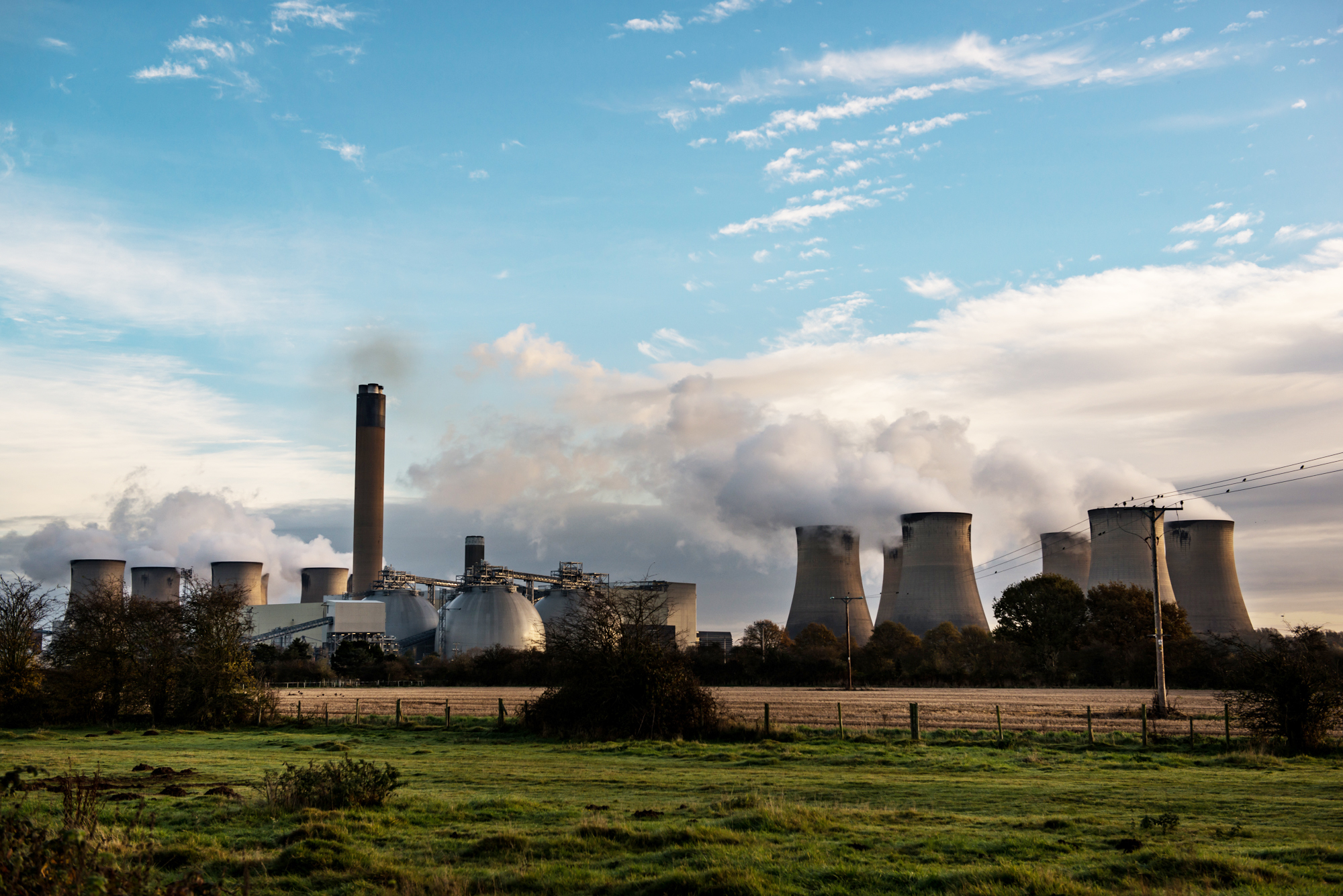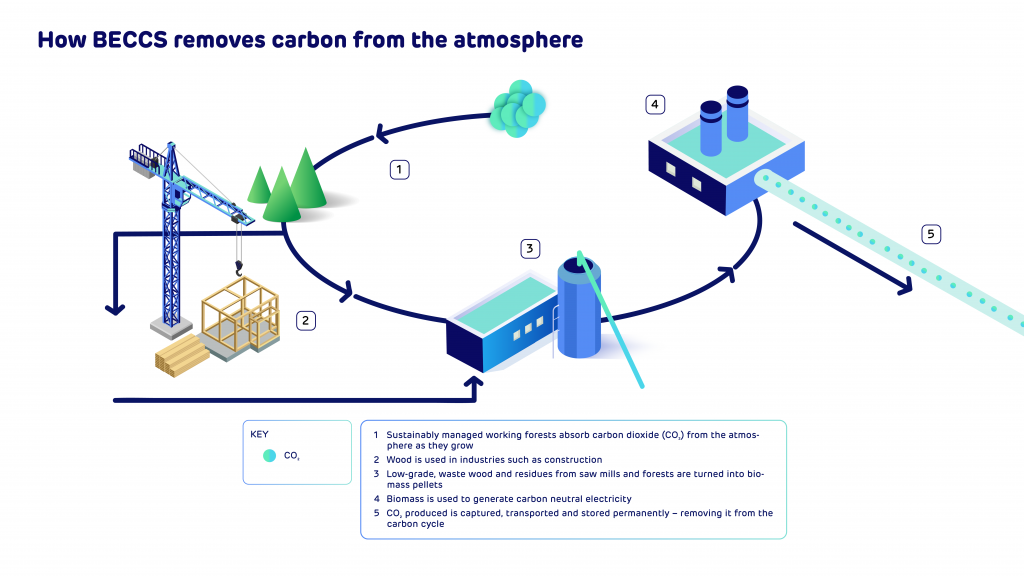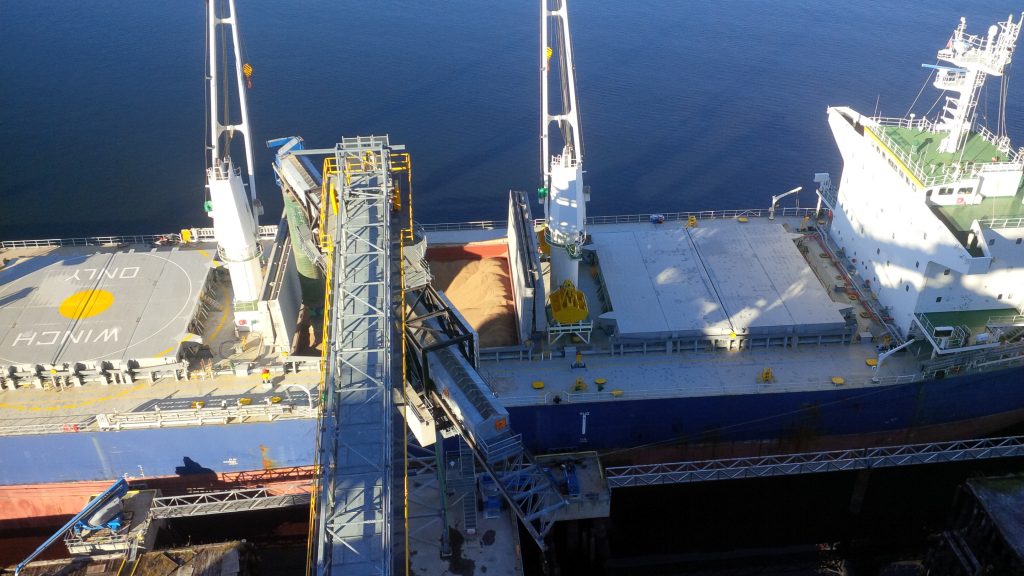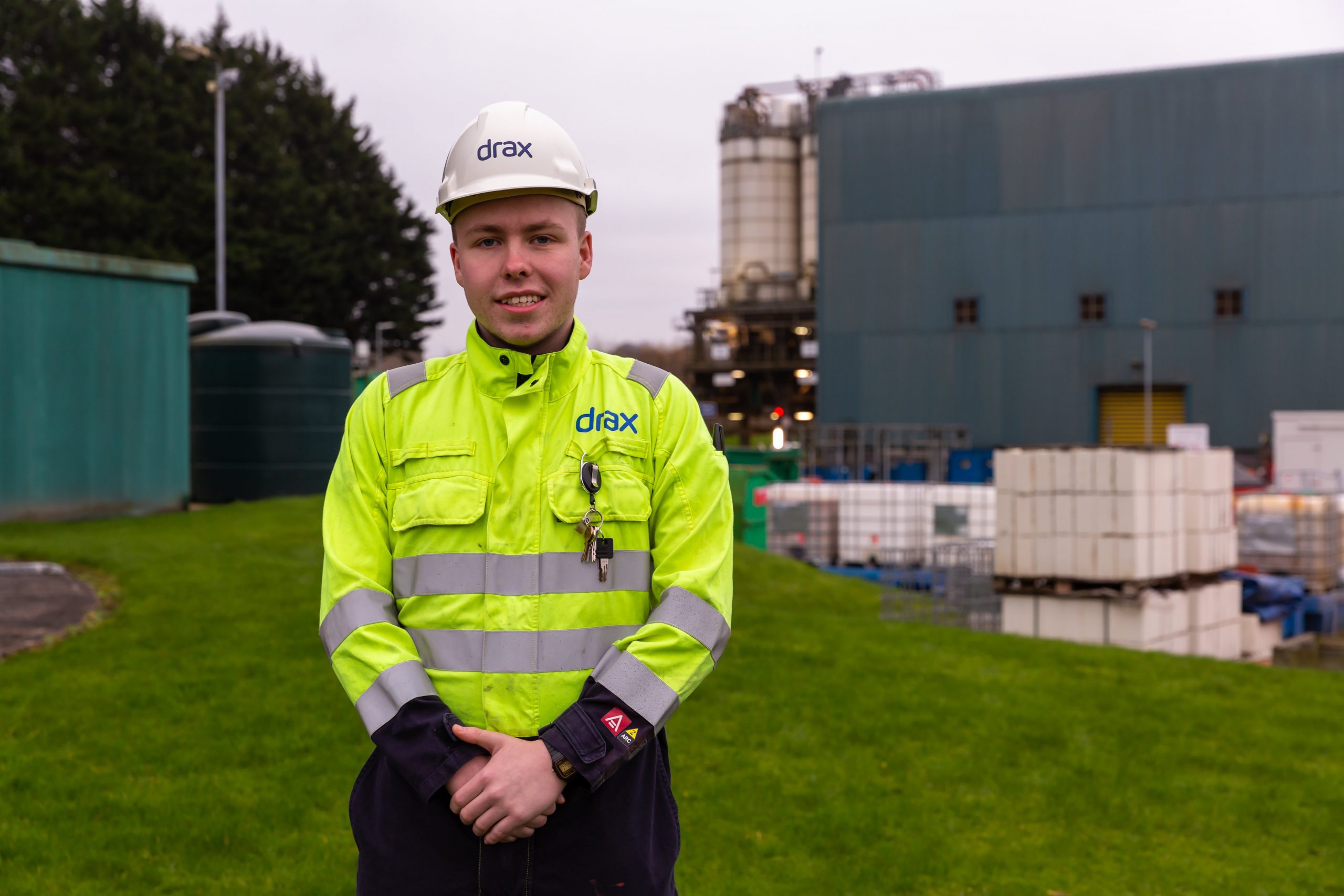
Paul Firth, age 19 from Motherwell, has won Craft Apprentice of the Year after being commended for his positivity and work ethic in his role at the Daldowie Fuel Plant.
Paul received outstanding feedback from his manager, Ian Somerville, who said:
“Paul has been a shining light at Daldowie since day one. He’s popular with his workmates and has shown a natural aptitude as a hands-on, skilled technician which is a result of having worked with his father on classic cars from a young age. On site, he’s proven himself to be capable of any task he’s given and I’m confident he’ll become an excellent all-round tradesman.”
Paul, who is now entering the second year of his apprenticeship, said: “I’m very pleased to have won this award. It means a lot to get this recognition after only being in the first year of my apprenticeship. I’m proud of what I’ve achieved this year at Daldowie and the work I’ve done during outages and I’m looking forward to continuing with this next year.”
Covid restrictions meant that this year’s awards event was held virtually, but none of the glamour and excitement was missing as apprentices from across the Drax Group were recognised for their efforts overcoming the unprecedented challenges that Covid-19 brought.
Karen McKeever, Drax Chief HR Officer, who hosted the event, said:
“Drax is committed to championing and supporting people in their early careers. Hiring and developing a talented workforce of the future is essential for an innovative business like Drax.
“Apprentices all have unique talents and bring a new perspective, that we can learn from. It’s been inspiring to meet them all and celebrate their achievements. The last couple of years have been challenging for us all due to Covid, but our apprentices have shown great flexibility, resilience and patience in continuing to approach their learning with enthusiasm and dedication.”
This year’s winners were:
- Craft Apprentice of the Year (Year 1) – Callum O’Grady, age 22 from Gainsborough
- Craft Apprentice of the Year (Year 1, Scotland) – Paul Firth, age 19 from Motherwell
- Craft Apprentice of the Year (Year 2) – James Barratt, age 20 from Wakefield
- Craft Apprentice of the Year (Year 2, Scotland) and the Paul Chambers Overall Apprentice of the Year – Iain MacPherson, age 19 from Oban
- Craft Apprentice of the Year (Year 3) – Cameron Shipstone, age 21 from Hemingborough
- Craft Apprentice of the Year (Year 4) – Ben Scott, age 21 from Brough
- Business Apprentice of the Year – Ben Senior, age 22 from York
- Uniper Engineering Academy Award – Declan Farmer, age 18 from Brough
Drax’s long-running apprenticeship scheme is part of its commitment to developing new talent as well as upskilling the workforce across the communities where it operates. Drax has 52 apprentices as well as 50 existing employees working towards apprenticeship qualifications at other career levels within the business.
The craft apprenticeship scheme gives new recruits the opportunity to gain skills and expertise by working alongside highly qualified engineers. It is a four-year programme, and specialises in three engineering disciplines: Mechanical, Electrical and Control & Instrumentation. In addition to engineering disciplines, Drax also offers apprenticeship qualifications in business support areas such as HR, cyber security and administration.
Drax recently launched the next stage in its public consultation on its exciting plans to more than double the generating capacity of its iconic ‘Hollow Mountain’ Cruachan Power Station in Argyll and Bute.
Under the plans, a second underground power station will be built adjacent to the existing one to enable Cruachan to play an even bigger role in supporting the expansion of renewable energy sources such as wind power and provide lifeline stability services to the national grid.
Around 900 jobs will be created and indirectly supported during the new power station’s construction, providing a huge boost to communities around Loch Awe and across Argyll.
ENDS
Media contacts:
Megan Hopgood
Communications Officer
E: [email protected]
T: 07936350175
Editor’s Notes
Drax has been running an apprenticeship scheme for almost two decades at its eponymous power station in North Yorkshire and also offers internships and graduate schemes as part of its dedication to improving skills and increasing opportunities for young people across the region.
Drax runs a number of other initiatives to support STEM education and skills, including:
- Providing laptops with free internet access to support students with home learning.
- Free virtual tours of Drax’s power stations
- Virtual STEM workshops in schools.
- Virtual work experience
Applications are now open for Drax’s next work experience for students in Y10-Y12 or S4-S6 in Scotland. For more details go to www.drax.com/careers. The closing date is 16th January 2022.
About Drax
Drax Group’s purpose is to enable a zero carbon, lower cost energy future and in 2019 announced a world-leading ambition to be carbon negative by 2030, using Bioenergy with Carbon Capture and Storage (BECCS) technology.
Its 3,400 employees operate across three principal areas of activity – electricity generation, electricity sales to business customers and compressed wood pellet production and supply to third parties.
For more information visit www.drax.com
Power generation:
Drax owns and operates a portfolio of renewable electricity generation assets in England and Scotland. The assets include the UK’s largest power station, based at Selby, North Yorkshire, which supplies five percent of the country’s electricity needs.
Having converted Drax Power Station to use sustainable biomass instead of coal it has become the UK’s biggest renewable power generator and the largest decarbonisation project in Europe. It is also where Drax is piloting the groundbreaking negative emissions technology BECCS within its CCUS (Carbon Capture Utilisation and Storage) Incubation Area.
Its pumped storage, hydro and energy from waste assets in Scotland include Cruachan Power Station – a flexible pumped storage facility within the hollowed-out mountain Ben Cruachan.
Pellet production and supply:
Drax owns and has interests in 17 pellet mills in the US South and Western Canada which have the capacity to manufacture 4.9 million tonnes of compressed wood pellets (biomass) a year. The pellets are produced using materials sourced from sustainably managed working forests and are supplied to third party customers in Europe and Asia for the generation of renewable power.
Drax’s pellet mills supply around 30% of the biomass used at its own power station in North Yorkshire, England to generate flexible, renewable power for the UK’s homes and businesses.
Customers:
Drax is the largest supplier of renewable electricity to UK businesses, supplying 100% renewable electricity as standard to more than 370,000 sites through Drax and Opus Energy.
It offers a range of energy-related services including energy optimisation, as well as electric vehicle strategy and management.
To find out more go to the website www.energy.drax.com





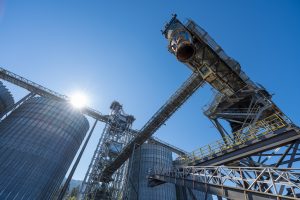
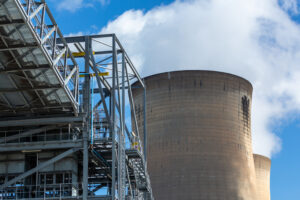


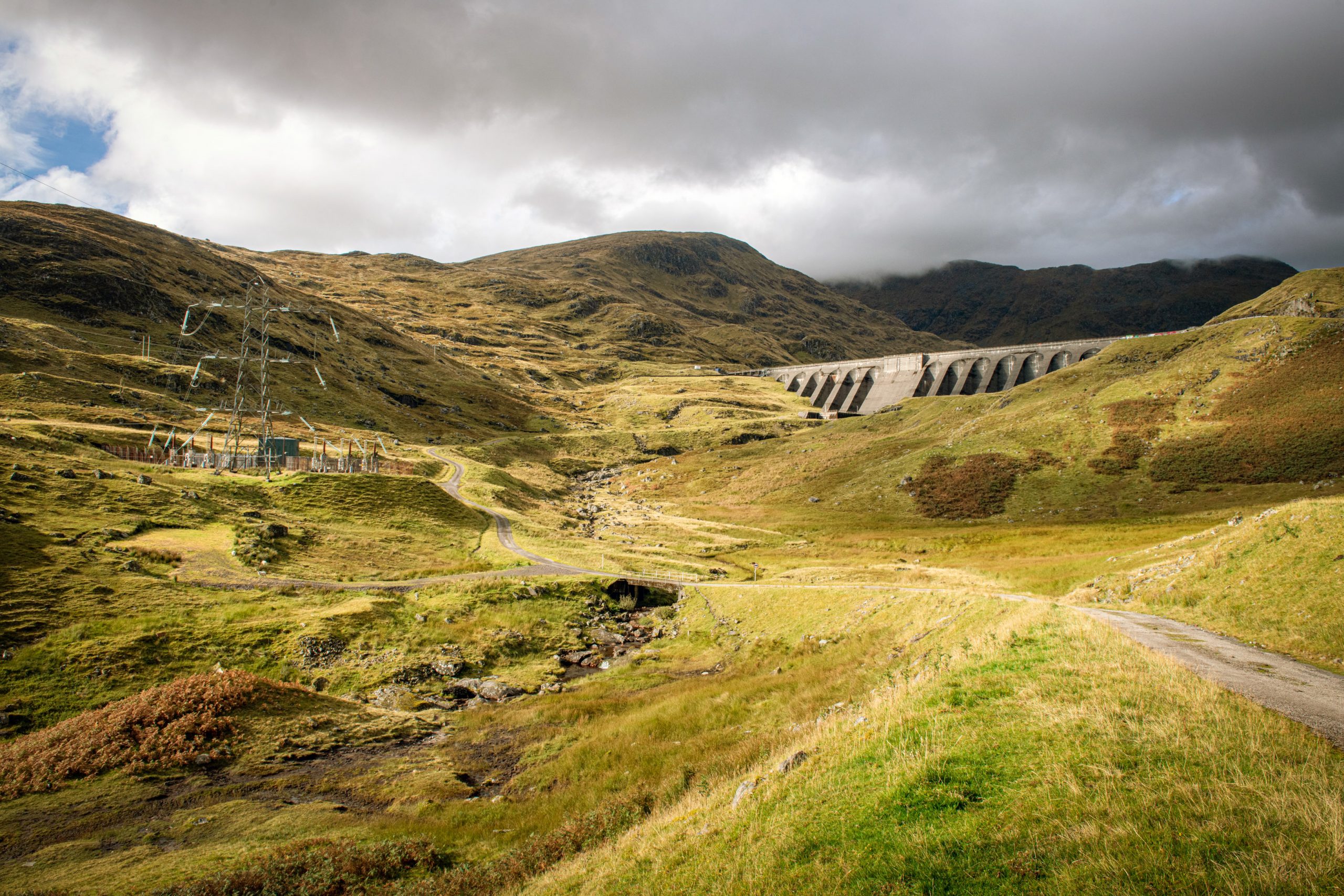
 Iain, who is now entering the third year of his apprenticeship, said:
Iain, who is now entering the third year of his apprenticeship, said:

